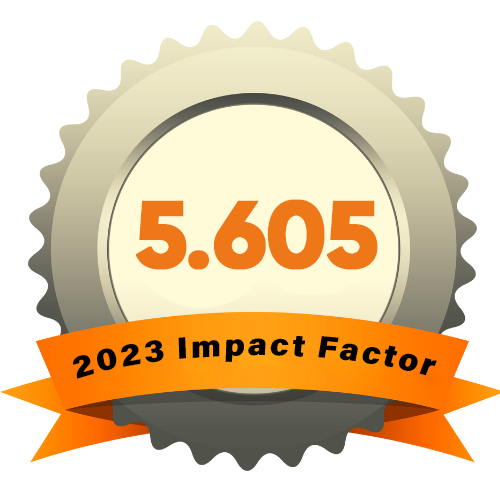ANTHROPOMORPHIC METAPHORS IN UZBEK LANGUAGE
Keywords:
In addition, the intention and dream based on an unreal similarity also leads to the emergence of works based on the national-mental essence based on the metaphorical model, based on the names of animalsAbstract
In the history of Uzbek culture, there was a period of worshiping animals and birds. As a result of the traditions of mystical thinking from the time of totemization of animals, there are still cases where people's names are derived from animal names: Bori, Eagle, Koplon. Although they are based on metonymy (i.e., the name of the family is transferred based on the person's dependence), there is no doubt that the metaphorical models worked in the basis of the secondary meaning of the term.
References
Begmatov, E. Lexical layers of current Uzbek literary tailing. – Tashkent: Science, 1985. – P. 33.
Begmatov, E. Uzbek names. – Tashkent: "National Encyclopedia of Uzbekistan" State Scientific Publishing House, 1998. (608 p.) – P. 82.
Chudinov, A.P. Dynamics of models of conceptual metaphors // Speaking and listening: Language learning, text, problems of education. SPb., 2001.
Khudaiberganova, D.S. Anthropomorphism interpretation of literary texts in Uzbek: Doctoral dissertation abstract. – T., 2015. P. 18.
Kungurov, R. Pictorial words in Uzbek. – T.: Science, 1966. – P. 76.
Makhmudov, N. Teaching speech culture. 2nd edition – T., 2009. – P. 80.
Mirtodjiev, M.M. Semasiology of the Uzbek language. – T.: Mumtoz Soz, 2010 -B. 96-97, 100, 284 p.
Sarimsokov, B. Fundamentals and criteria of art. – T.; Generation of the new century, 2004. – P. 49.
Yoldoshev, M. Secrets of the word Cholpon. – T., 2002. – P. 73.ion abstract. – T., 2015. P. 18.
Sirojidinova, D. (2022). MULOQOT–SHAXSLARARO AXBOROT ALMASHINUV JARAYONI. Journal of Integrated Education and Research, 1(5), 335-337.
Sirojidinova, D. B (2023). MULOQOT VA MADANIYAT, Xorazm ma’mun akademiyasi axborotnomasi-43-2023
Sirojidinova, D. B. (2022). BRIEF INFORMATION ABOUT THE HISTORY OF LINGUOCULTURALOLOGY. SO ‘NGI ILMIY TADQIQOTLAR NAZARIYASI, 1(4), 131-134.
Abdugani, B., Bahriddin, A., Bahodir, P., & Ugli, Y. A. B. (2021). Education Is the Foundation of Sustainability. Journal of Pedagogical Inventions and Practices, 3, 14-17.
Baxodir, P., Baxriddin, A., Ilhomjon, T., & Arabboy, Y. (2022). The Concept of Patriotism in The Mind of Youth. Zien Journal of Social Sciences and Humanities, 5, 82-83.
Нажимитдинов, М. К., Пулатов, Б. Р., & Халилов, И. Д. У. (2022). ВАТАН ҲИМОЯСИ–МУҚАДДАС БУРЧ. Oriental renaissance: Innovative, educational, natural and social sciences, 2(10-2), 942-946.
Po’Latov, B. A. (2022). HARBIY FAKULTET TALABALARINI HARBIY XIZMATGA TAYYORLASHDA AXLOQIY TARBIYANI AHAMYATI. Oriental renaissance: Innovative, educational, natural and social sciences, 2(10-2), 770-773.
Abduraupovich, P. B. (2023). SHANGHAI COOPERATION SUMMIT IN SAMARKAND. MODERN EDUCATIONAL SYSTEM AND INNOVATIVE TEACHING SOLUTIONS, 1(1), 63-66.
Abduraupovich, P. B. (2023). THE ROLE OF THE UZBEK PEOPLE IN THE SECOND WORLD WAR. MODERN EDUCATIONAL SYSTEM AND INNOVATIVE TEACHING SOLUTIONS, 1(1), 80-84.
Abduraupovich, P. B. (2023). PEDAGOGICAL PROCESSES AND IMPORTANT ASPECTS OF ITS CREATION. O'ZBEKISTONDA FANLARARO INNOVATSIYALAR VA ILMIY TADQIQOTLAR JURNALI, 2(16), 37-41.














